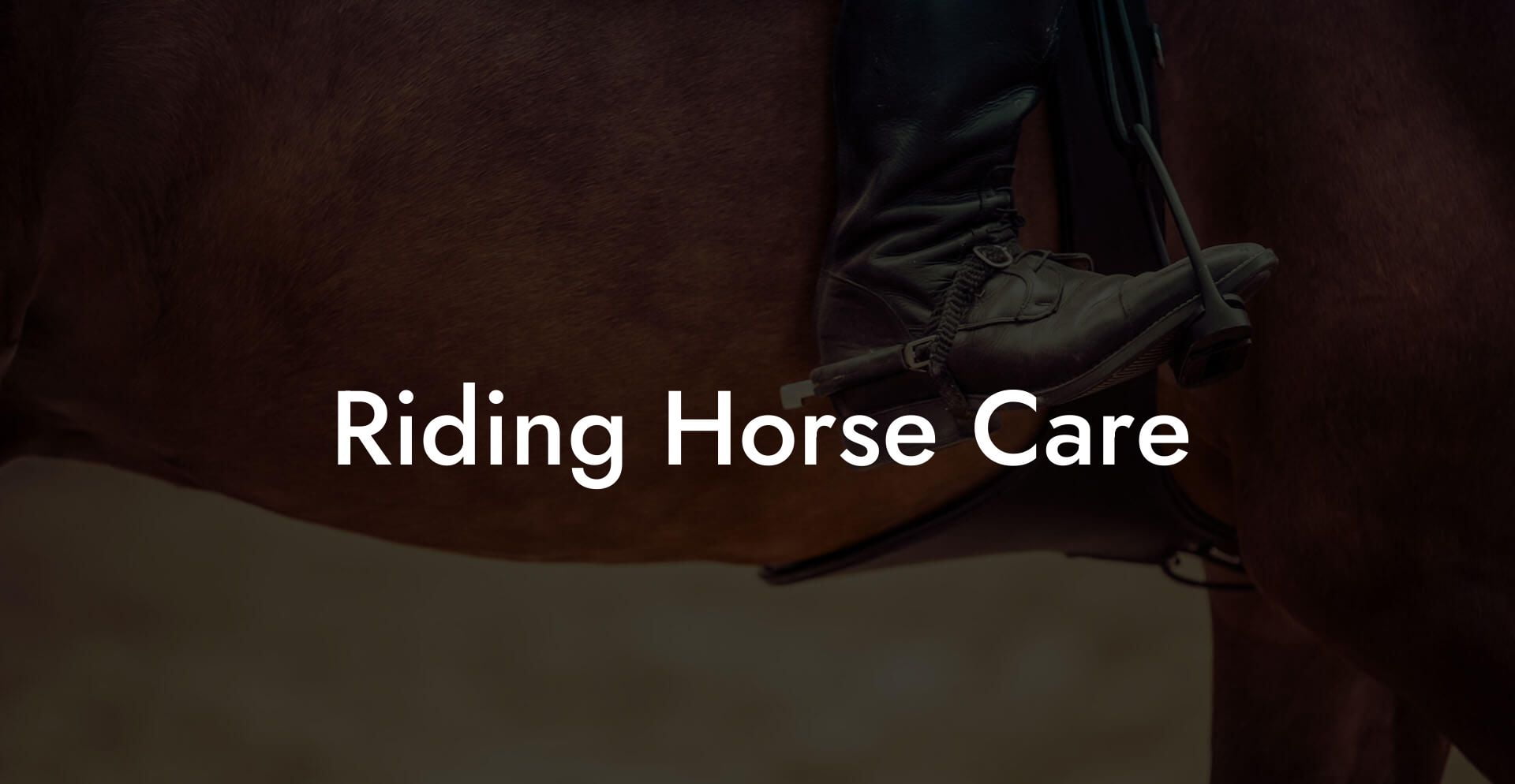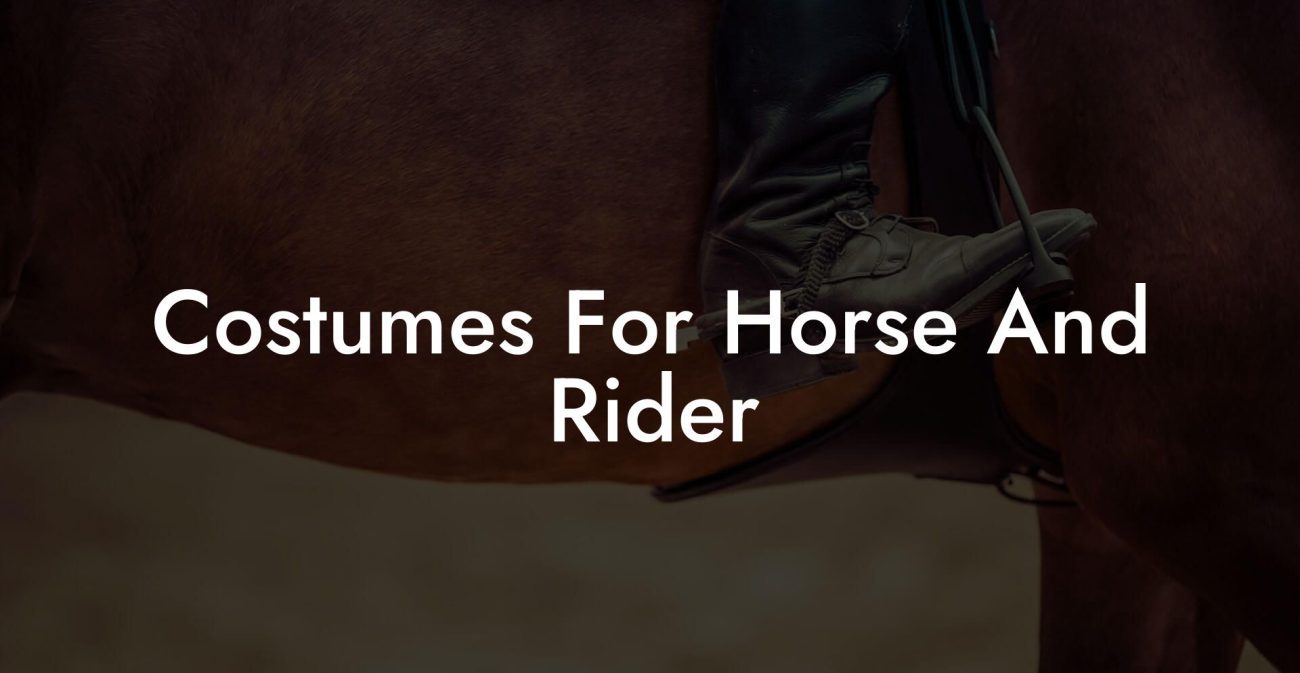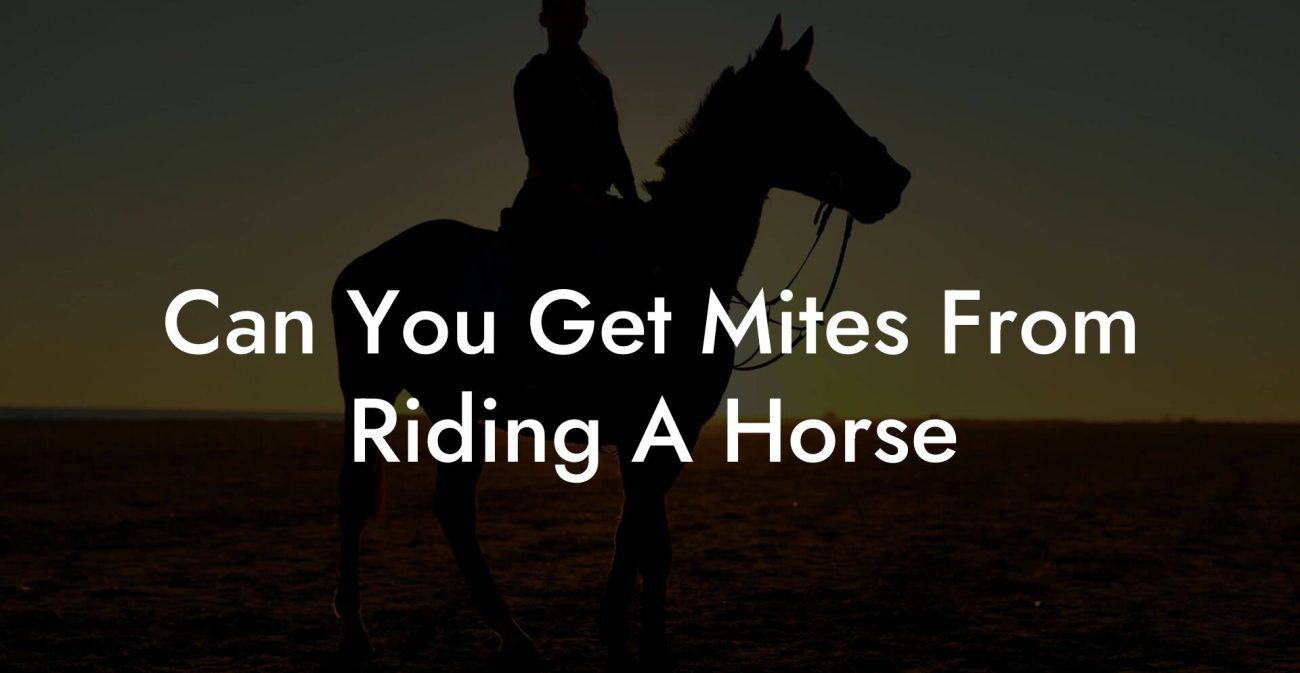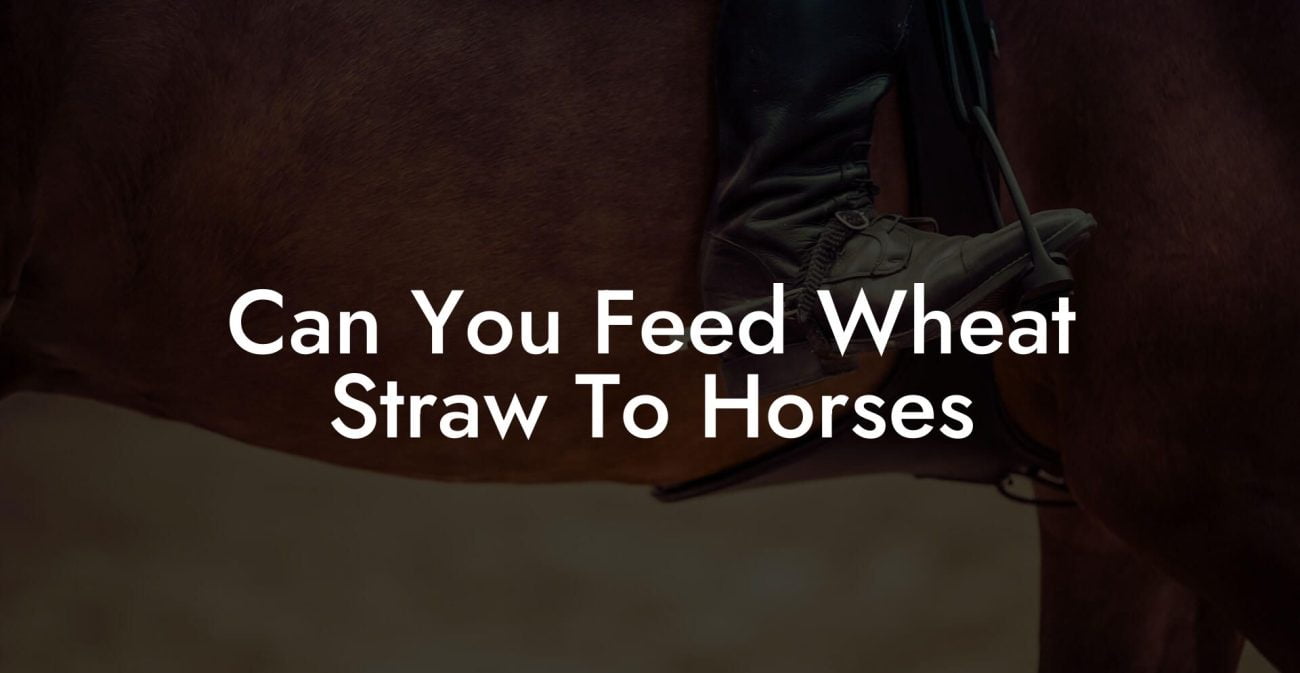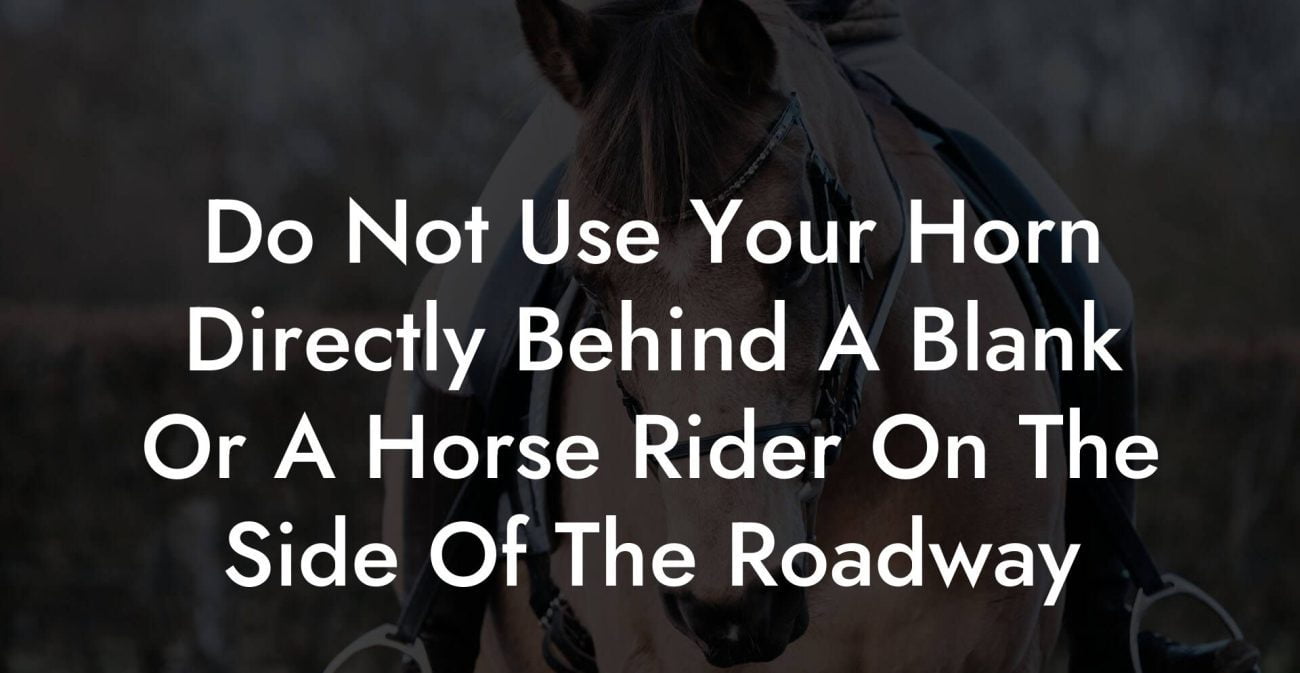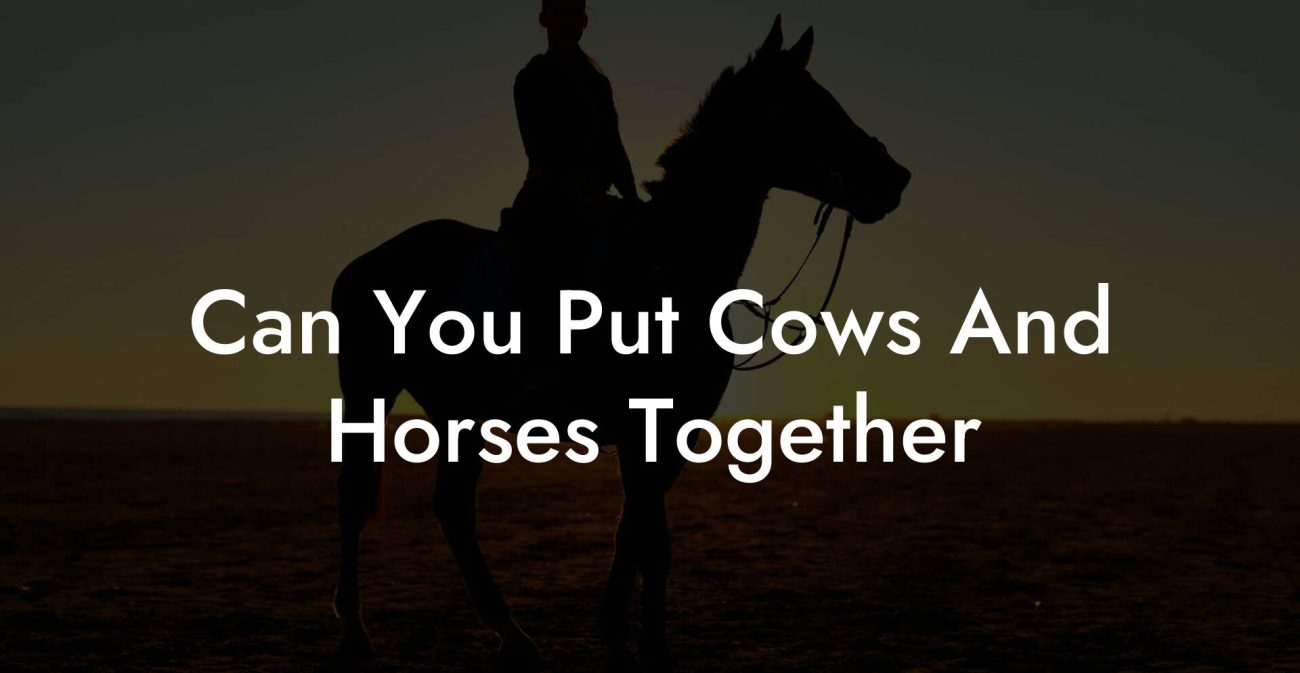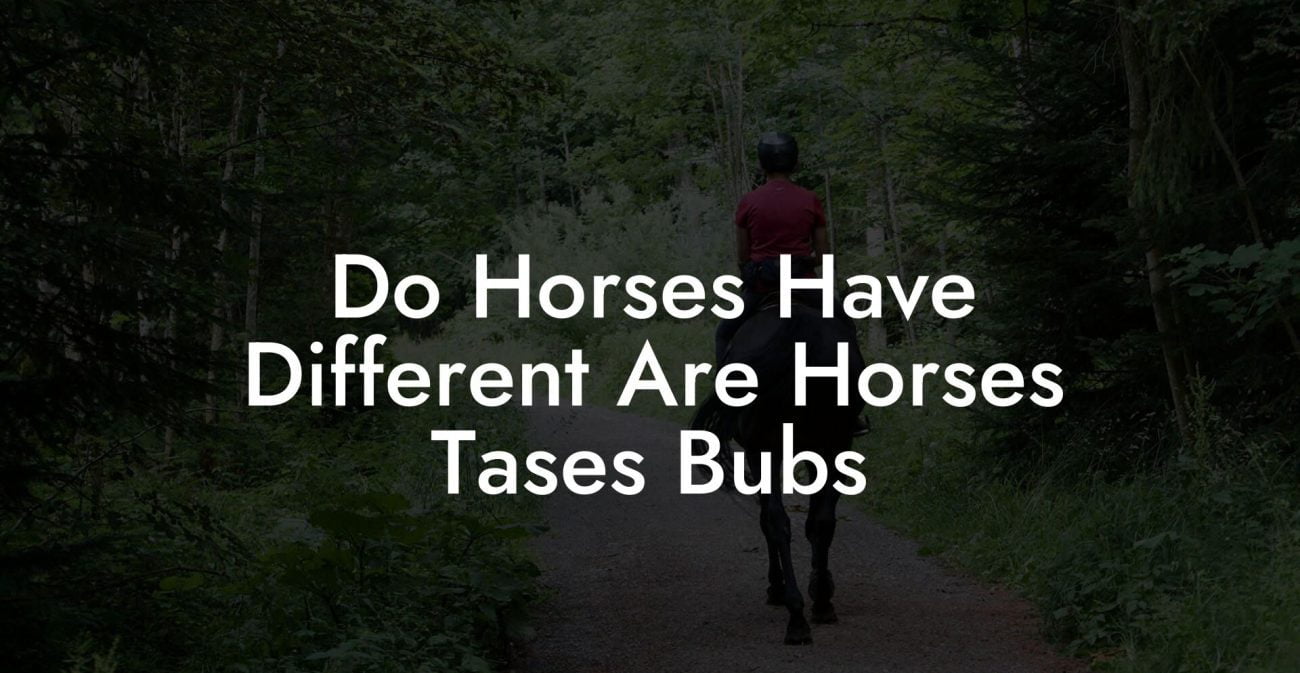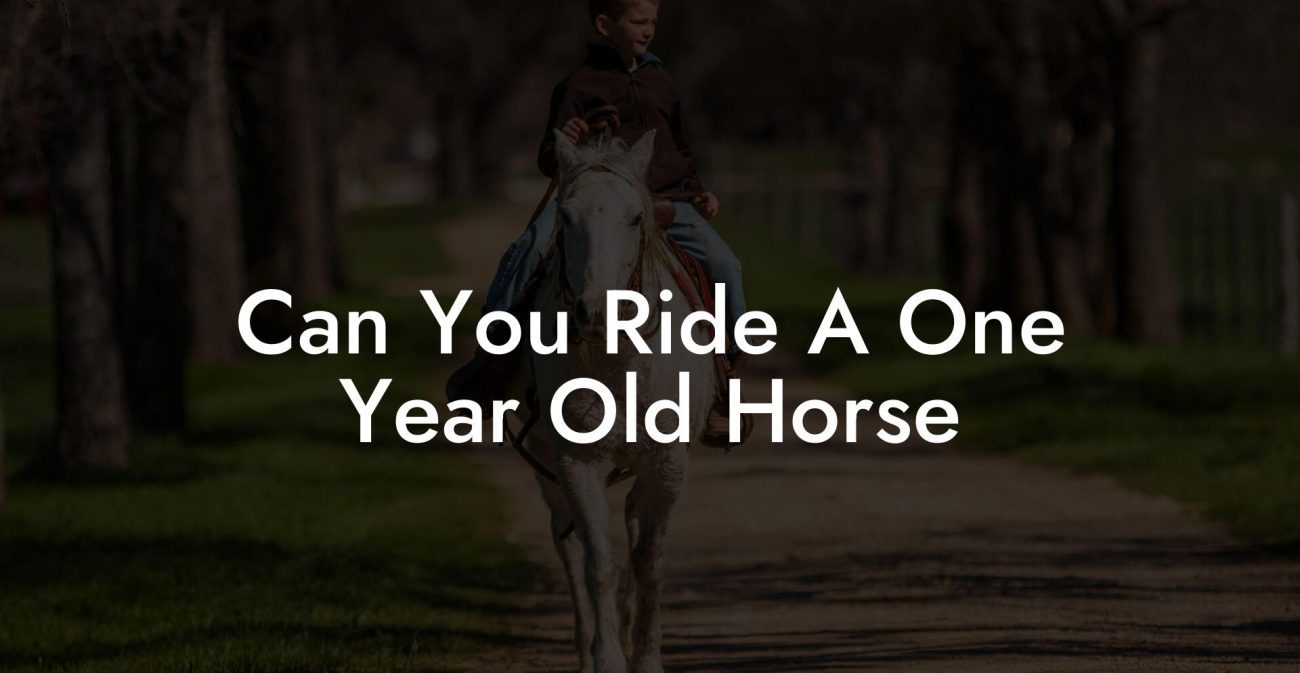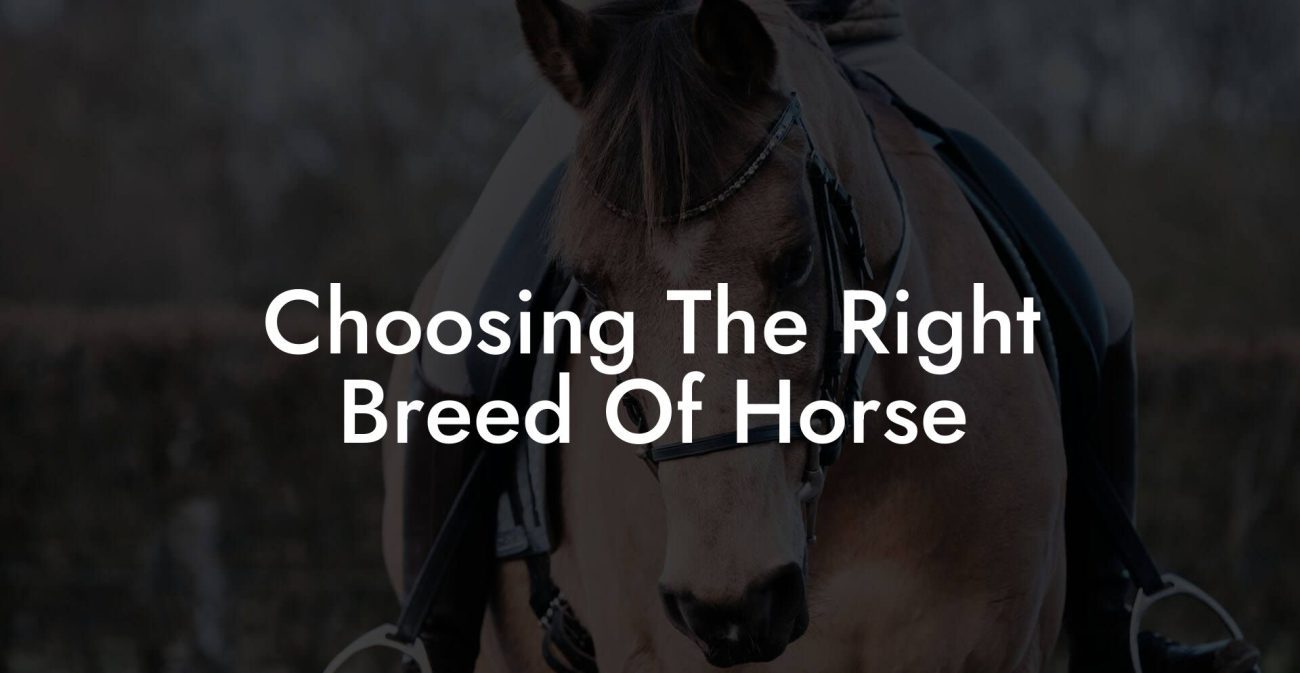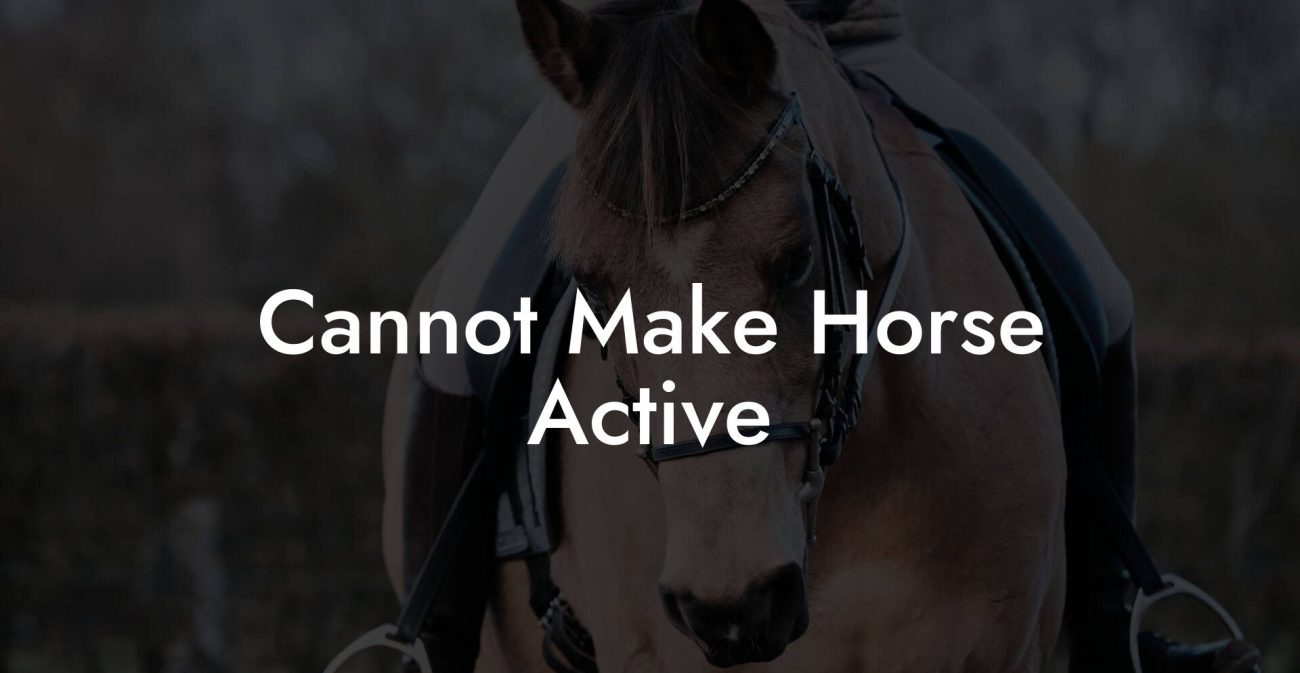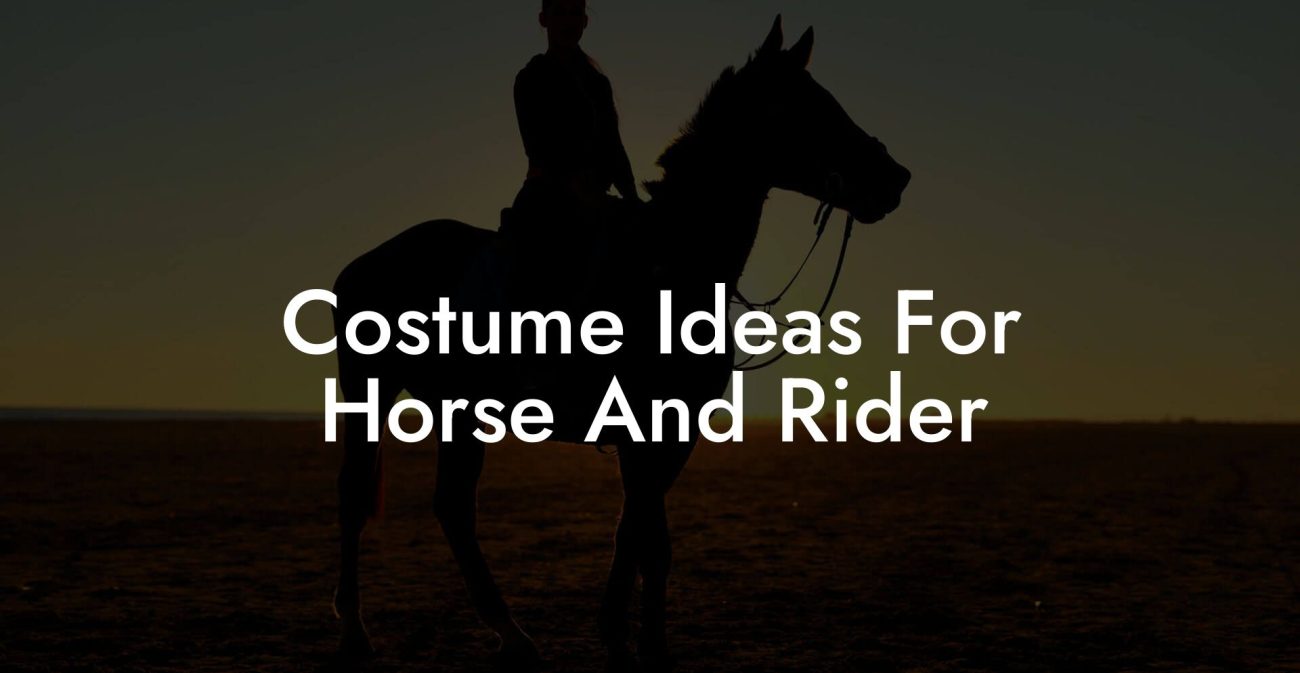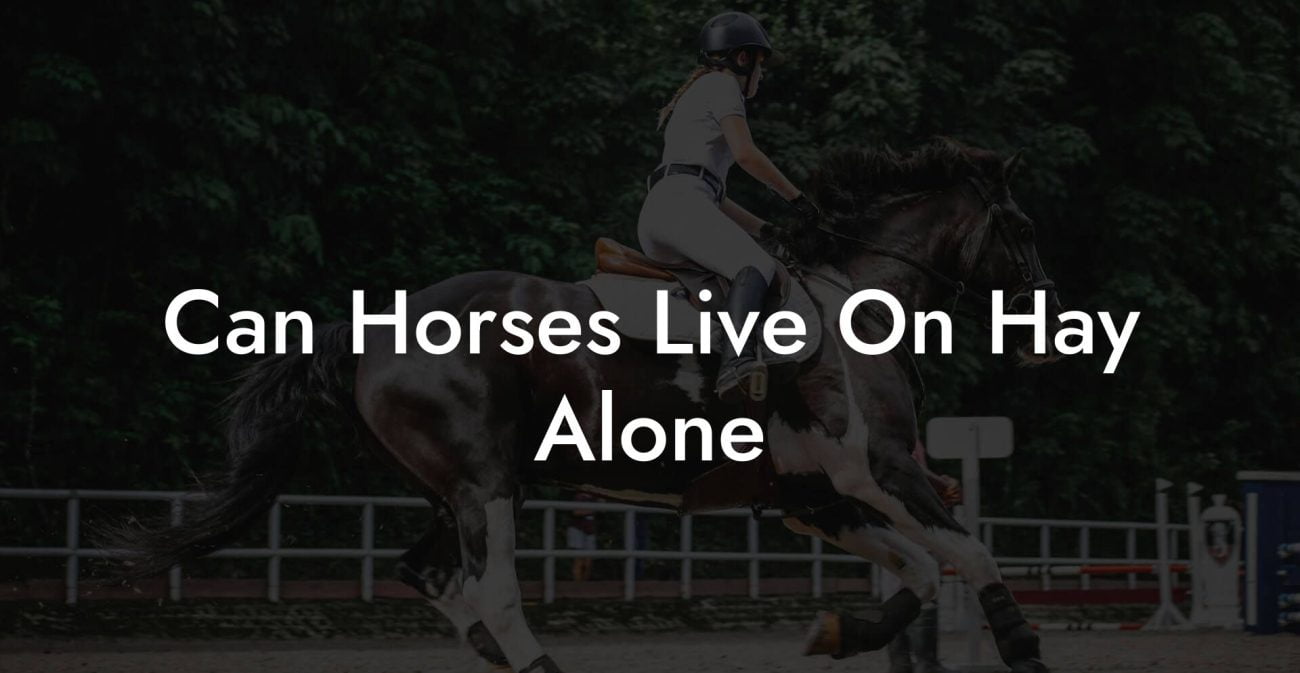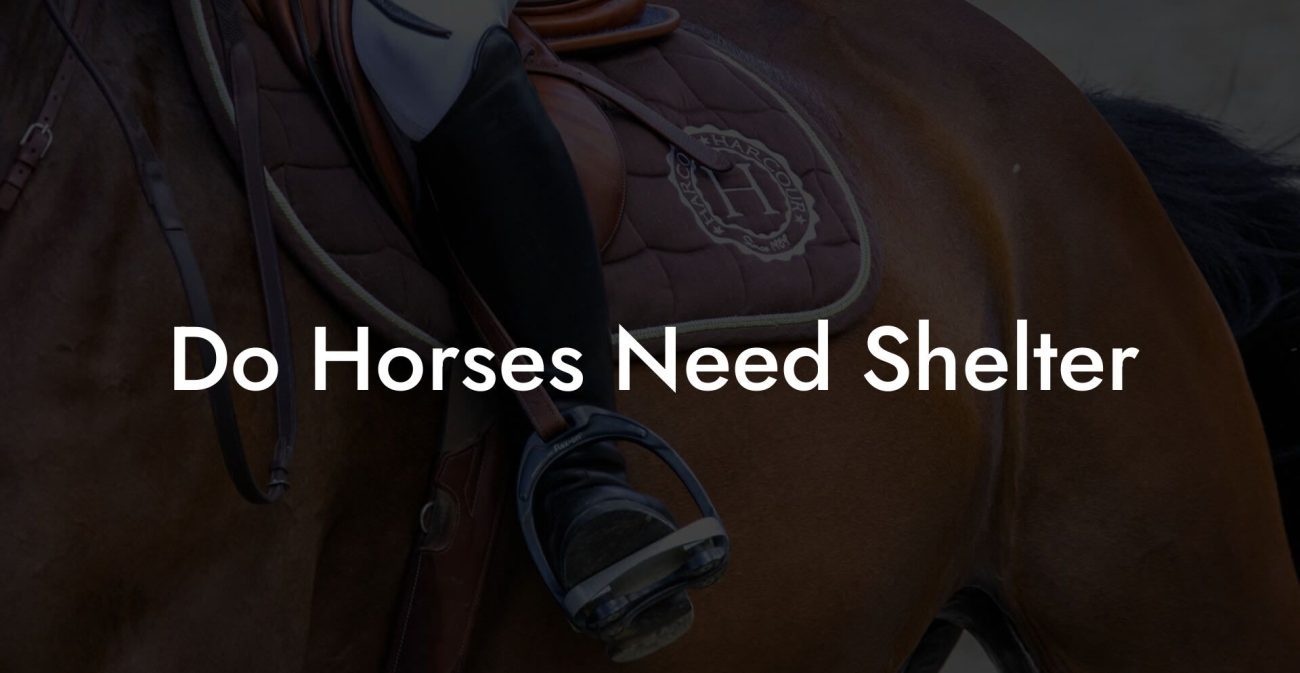Ever thought that taking care of a riding horse could be as thrilling as mastering the latest viral dance trend or discovering a hidden coffee shop in your city? Riding horse care isn’t just about mucking out stalls and feeding oats, it’s a vibrant blend of art, science, and a dash of magic that overflows with personality. Whether you’re a seasoned equestrian or someone who’s just joined the stable of horse enthusiasts, this deep-dive guide will equip you with the insider knowledge to keep your majestic friend happy, healthy, and ready to hit the trails.
Quick Links to Useful Sections
- Riding Horse Care: The Ultimate Lowdown
- Getting to Know Your Equine Companion
- Understanding Horse Behavior
- Tailoring Your Care Routine
- Equine Nutrition: Feeding Your Horse Like a Pro
- Understanding Dietary Requirements
- Supplements and Hydration
- Feeding Routines and Tips
- Grooming: More Than Just a Wash and Brush
- Daily Grooming Rituals
- Bathing and Spa Treatments
- Hoof Care and Maintenance
- Exercise and Conditioning: Keeping Your Horse in the Game
- Warm-Up and Cool-Down Routines
- Incorporating Variety in Workouts
- Monitoring Health and Performance
- Stable Management and Safety: Creating a Safe Haven
- Maintaining a Clean and Organized Stable
- Safety Measures and Equipment
- Environmental Enhancements for Well-Being
- Equipment and Tack Care: Keeping Your Gear Game Strong
- Regular Equipment Inspections
- Cleaning and Storage Best Practices
- Upgrading Your Tack
- Training Techniques: Bridging Fun with Fundamentals
- Positive Reinforcement Strategies
- Establishing a Training Routine
- Addressing Training Challenges
- Addressing Common Health Issues in Horses
- Recognizing Early Signs of Trouble
- Common Health Issues and Remedies
- Preventative Care is Key
- Resources and Community Support: Your Next Steps
- Frequently Asked Questions About Riding Horse Care
- Your Next Step to Epic Equine Adventures
Riding Horse Care: The Ultimate Lowdown
At its core, riding horse care is all about ensuring your equine companion is in tip-top shape for adventure. From exercise routines to grooming strategies, nutrition plans to stable management, this guide covers the full spectrum of equine wellness. Think of it as the equestrian version of a life hack blog, packed with tips, tricks, and smart strategies to treat your horse like royalty, while also keeping you in the loop with the latest trends.
In the world of horse care, few topics are as essential as understanding your horse's unique personality, nutritional needs, and workout regimen. Just like you wouldn’t wear the wrong sneakers to a marathon, your horse deserves a tailor-made care plan. Integrate structured techniques with some offbeat DIY hacks, and you’re on your way to becoming the ultimate horse whisperer.
Whether you’re managing a massive stable, caring for your personal riding buddy, or organizing weekend barn parties, mastering the art of riding horse care can transform a routine chore into an energizing experience. Get ready to gallop through this guide and discover why caring for your steed might just become your new favorite hobby.
Getting to Know Your Equine Companion
Before diving into the nitty-gritty of feeding schedules and grooming techniques, it’s vital to understand the personality of your horse. Every horse is as unique as a limited-edition sneaker drop. They’re social creatures with distinct temperaments, moods, and quirks that require a thoughtful and customized approach.
Understanding Horse Behavior
Observing your horse is like scrolling through your favorite social media feed, every glance tells a story. Whether your horse is the playful type that loves a good run or the chill, zen master who prefers to laze around in the sun, tuning in to their behavior is the first step in providing stellar riding horse care.
Horses communicate non-verbally, using subtle cues like ear position, tail swishing, and body language. Learning to read these signals can prevent mishaps, build trust, and make your interactions smoother than your favorite latte art. Invest time in understanding what your horse needs emotionally and physically, ensuring that your care routine is as dynamic as their personality.
Tailoring Your Care Routine
Just like you wouldn’t copy someone else’s skincare regime without considering your skin type, tailor your care routine to suit your horse’s individual needs. Age, breed, physical condition, and even temperament should influence how you approach your horse’s exercise, diet, and grooming schedule. Customization is the name of the game in modern horse care.
Start with a simple assessment: note down your horse’s daily behaviors, appetite, energy levels, and any physical quirks. This baseline information will help you notice changes over time, whether it’s a sign of a potential health issue or an indication that your horse is thriving. Remember, every horse has its unique rhythm, and matching your care routine to that rhythm is the first step to a long-lasting bond.
Equine Nutrition: Feeding Your Horse Like a Pro
When it comes to equine nutrition, think of your horse as a high-performance athlete. What you feed them has a direct impact on their energy levels, performance, and overall well-being. This isn’t your average “feed the horse and call it a day” scenario, it’s about curating a gourmet, well-balanced dining experience that caters to the sophisticated palate of a riding champion.
Understanding Dietary Requirements
Every horse needs a mix of hay, grains, and fresh water to get through the day, but the specifics depend on factors like age, activity level, and overall health. Younger horses, for example, may require extra protein to support growth, while performance horses need a carefully calibrated mix of energy and nutrients to sustain long rides.
Consider incorporating high-quality forage, such as alfalfa or timothy hay, and supplement their diet with grains and specialized feed mixes designed for the type of riding they do. For those who love a bit of variety, there are even organic feed options that offer a holistic approach to horse nutrition, aligning well with natural and integrative care philosophies.
Supplements and Hydration
Just as you might rely on a superfood smoothie to kickstart your day, horses benefit from nutritional supplements that boost their overall health. Supplements like omega-3 fatty acids, vitamins A, E, and selenium can help maintain a shiny coat, healthy joints, and robust digestion. However, consult with a vet before adding any supplements to ensure you're meeting your horse’s exact needs.
And let’s not forget hydration, water is life! Always make sure your horse has access to clean, fresh water. Investing in a good-quality water trough can be a game-changer, not just for hydration but also for keeping your horse comfortable and satisfied.
Feeding Routines and Tips
Establish a feeding schedule that syncs with your horse's natural digestive rhythms. Avoid overfeeding, which can lead to weight gain, and underfeeding, which can sap energy. Small, frequent meals are often better than one or two large ones. Think of it like switching from fast food to gourmet snacks throughout the day, your horse's metabolism will thank you.
Integrate seasonal changes into their diet. In summer, fresh pasture can provide essential nutrients and hydration, while in winter, quality hay and additional supplements become key. By staying attuned to your horse’s nutritional needs, you’re not just feeding them, you’re nurturing their performance and longevity.
Grooming: More Than Just a Wash and Brush
Grooming is one of the most rewarding aspects of riding horse care, offering both relaxation and a chance to bond with your equine buddy. It’s not just about making them look Instagram-ready; regular grooming sessions help maintain a healthy coat, promote good circulation, and even give you clues about potential health issues.
Daily Grooming Rituals
Incorporate daily grooming into your routine, whether you have a backyard companion or manage a full-blown stable. Start with a soft brush to remove dust and loose hair, and progress to mane and tail care that keeps tangles and knots at bay. Not only does this ritual help keep your horse looking sharp, but it also provides an opportunity to check for cuts, bruises, or skin irritations.
For that extra bit of flair, add in a few moments of quiet bonding time. A gentle pat or soft words can do wonders, after all, horses are social creatures who thrive on connection. Just imagine the trust built over a calming grooming session, akin to scrolling down your phone and finding a meme that perfectly captures your mood.
Bathing and Spa Treatments
While your horse might not hit up a day spa like you do, occasional baths from head to hoof are essential. Use lukewarm water and horse-specific shampoos to keep their coat shiny and skin healthy. Be cautious of over-bathing, as this can strip essential oils, leaving the skin dry and irritable.
For horses with extra sensitive skin or those living in harsh climates, consider incorporating natural conditioners and even essential oil treatments (always check with a vet first). These additional touches ensure your horse feels pampered and cared for, boosting their overall mood and performance.
Hoof Care and Maintenance
Hooves are to your horse what sneakers are to you, absolutely critical. Daily picking and regular trimming protect against infections and injuries. Whether your horse is hitting the dirt trails or strutting on the arena floor, keeping their hooves in prime condition is key.
A good hoof care routine includes cleaning, inspecting for cracks or chips, and scheduling timely visits from a farrier. Modern hoof care goes beyond function; it’s about enhancing comfort, which in turn boosts performance and minimizes the risk of lameness.
Exercise and Conditioning: Keeping Your Horse in the Game
Just like you wouldn’t skip leg day at the gym, regular exercise is non-negotiable for a riding horse. A well-rounded exercise regimen not only keeps your horse fit but also builds endurance, enhances muscle tone, and improves balance. Whether you’re planning a leisurely trail ride or challenging hurdles, a conditioned horse is a confident, agile partner.
Warm-Up and Cool-Down Routines
Every session should start with a proper warm-up to loosen the muscles and joints, think of it as your horse’s version of a pre-run stretch or a catchy playlist that gets you pumped. Incorporate dynamic movements like slow walks, gentle trots, and gradual increases in pace. Cooling down, on the other hand, offers your horse a chance to relax and recover, reducing the risk of post-ride stiffness or injury.
A balanced routine can include light cardio, strength-building exercises, and even agility drills. Switching up the regimen frequently keeps things fresh, as exciting as discovering a new underground band that sets your playlists on fire.
Incorporating Variety in Workouts
Variety is the spice of life, even for horses. Mix flatwork sessions with trail rides, jumping, and even arena games that challenge both the mind and body. This not only prevents boredom but also promotes overall muscle balance and coordination. A varied routine minimizes repetitive strain injuries and improves performance across different terrains.
Many riders integrate modern training techniques with traditional methods. Think of it as blending the old-school charm of dressage with the edginess of a high-intensity interval training (HIIT) session. The outcomes? A more versatile, agile, and resilient equine athlete.
Monitoring Health and Performance
Keeping track of workouts is essential. Use digital trackers or simple logs to note your horse’s progress, stamina, and any changes in performance. Monitoring also helps in catching early signs of fatigue or injury, ensuring that interventions can be made before minor issues become major setbacks.
Think of this as your horse’s personal fitness app, a tool that not only motivates but also provides actionable insights for tweaking their exercise routines to extract maximum benefits.
Stable Management and Safety: Creating a Safe Haven
The stable isn’t just a place where horses sleep, it’s a sanctuary where health, safety, and everyday comfort converge. A well-kept stable is as crucial as your daily planner for a productive day. From the floor to the walls, every inch of your stable should promote safety and well-being.
Maintaining a Clean and Organized Stable
Regular cleaning is a must. Remove manure often, replace soiled bedding, and ensure that ventilation is top-notch. A clean stable minimizes the risk of respiratory issues and infections and creates a comfortable environment for your horse. With a clutter-free stable, it’s easier to spot any hazards, much like keeping your phone desktop organized to find everything at a glance.
Consider establishing a cleaning schedule: daily tasks for hygiene and weekly deep cleans for a thorough refresh. Not only does this routine contribute to your horse’s health, but it also extends the longevity of stable structures and equipment.
Safety Measures and Equipment
Safety is paramount in riding horse care. Install proper lighting, secure fencing, and emergency exits in your stable. Quality equipment such as non-slip mats, fire extinguishers, and first-aid kits should be easily accessible. These measures are crucial in preventing accidents and ensuring that emergency protocols are in place.
Whether you’re riding in the arena or simply tending to the barn, safety equipment and regular check-ups on the integrity of your stable’s infrastructure can mean the difference between minor inconveniences and major disasters.
Environmental Enhancements for Well-Being
Creating a stress-free zone in your stable is beneficial for both horses and handlers. Consider adding natural lighting, soothing music, or even aromatherapy (with equine-approved scents) to create an environment that promotes relaxation. A well-designed stable isn’t just about functionality, it’s about building a haven where your horse can unwind and rejuvenate after a long day of riding.
It's all about creating a harmonious space that mirrors your own vibes, clean, organized, and full of positive energy.
Equipment and Tack Care: Keeping Your Gear Game Strong
Your horse’s performance is closely tied to the equipment and tack you use. From saddles to bridles, the condition and fit of your gear can significantly impact both comfort and safety. Caring for your equipment is not only an investment in your horse’s performance but also a nod to the tradition and craft of equestrian sports.
Regular Equipment Inspections
Just as you check your phone for software updates, regularly inspect your saddle, bridle, stirrups, and other tack for signs of wear and tear. Look for loose straps, frayed leather, and any damage that could compromise safety. A well-maintained set of gear means smoother rides and fewer surprises on the trail.
Set aside time weekly to give your equipment a thorough once-over. Investing in quality repair tools and kits can extend the life of your gear. After all, nothing kills the vibe faster than a broken bridle in the middle of an epic ride.
Cleaning and Storage Best Practices
To preserve the quality of your tack, always clean it after use. Use specialized cleaning products designed for leather or synthetic materials to prevent drying out or cracking. Once clean, store your equipment in a cool, dry place away from direct sunlight. This prevents the buildup of mildew and prolongs the life of your gear.
Think of this as organizing your sneaker collection: keeping your prized possessions in pristine condition takes effort, but the payoff is absolutely worth it when you roll out with gear that looks as fresh as your ride.
Upgrading Your Tack
Technological advancements in equestrian equipment can make a significant difference. Modern saddles and bridles designed for ergonomic comfort reduce stress on your horse and improve your riding posture. When considering upgrades, rely on user reviews, expert recommendations, and trusted brands to find equipment that blends style with functionality.
Embrace the blend of tradition and innovation, your horse deserves nothing less than the best!
Training Techniques: Bridging Fun with Fundamentals
Effective training is the cornerstone of all riding horse care endeavors. Whether you’re looking to master advanced maneuvers or simply build trust with your horse, a balanced training program can create lasting improvements in performance and behavior.
Positive Reinforcement Strategies
Gone are the days of old-school, gruff training methods. Modern equestrian training emphasizes positive reinforcement, rewarding good behavior rather than punishing mistakes. Think of it as the equine version of receiving a viral TikTok for nailing the latest trend. Praise, treats, and gentle pats can go a long way in building trust and cooperation.
Consistency, patience, and understanding are your best allies here. Make training sessions fun by incorporating games, challenges, and even a dash of humor. When your horse starts making progress, celebrate those milestones, every small win counts!
Establishing a Training Routine
A well-structured training schedule is essential. Set aside dedicated times each day or week for focused sessions. Whether you’re practicing transitions, refining your riding posture, or simply spending quality one-on-one time, a consistent routine builds muscle memory and reinforces positive habits.
Many top riders mix formal training sessions with playful, exploratory rides. This not only boosts your horse’s confidence but also keeps the training engaging and fresh, much like alternating between your favorite playlists to keep the energy flowing.
Addressing Training Challenges
Every training journey has its bumps and hurdles. Whether you’re dealing with stubborn behavior, fear responses, or the occasional “I’m just not feeling it” day, persistence is key. Keep a cool head and adjust your tactics. Remember, progress may be slow at times, but it’s the journey that counts.
Leverage technology, such as training apps and video recordings, to analyze sessions and track improvements. By reviewing your methods, you can refine your approach and overcome challenges with creativity and resilience.
Addressing Common Health Issues in Horses
Even with the best riding horse care practices, health issues can crop up. Being proactive about common ailments and injuries is essential for the long-term well-being of your equine companion. From colic to lameness, spotting symptoms early can make all the difference.
Recognizing Early Signs of Trouble
Your horse may not text you when something’s wrong, so it’s on you to pay close attention. Watch for changes in behavior, appetite, or mobility. Unexplained weight loss, a dull coat, or a noticeably reduced energy level are all red flags that deserve attention.
Make it a habit to give your horse a daily health check. A simple walk-around inspection, from head to hoof, can reveal issues before they escalate into something more serious. Early detection is a game-changer in preventing complications.
Common Health Issues and Remedies
• Colic: Often manifested as abdominal discomfort, colic can be triggered by changes in diet or stress. Immediate veterinary consultation is essential if you suspect colic.
• Lameness: This is usually due to injuries, poor shoeing practices, or underlying joint issues. Work closely with a farrier and veterinarian to diagnose and treat the issue promptly.
• Skin Irritations: Allergies, insect bites, or even improper grooming products can lead to skin irritations. Use horse-specific care products and, if issues persist, seek professional advice.
• Respiratory Issues: Dusty or poorly ventilated stables can cause respiratory distress. Enhance stable management practices and ensure your horse has a clean, well-ventilated environment.
Preventative Care is Key
The best remedy is prevention. Regular check-ups with your vet, a balanced diet, and proper exercise can ward off many common ailments. Keep a health journal for your horse to track changes, and never hesitate to reach out to an expert when something seems off.
Staying informed and proactive builds the foundation for a long and thriving partnership between you and your horse.
Resources and Community Support: Your Next Steps
Embarking on a journey in riding horse care is as much about community as it is about individual effort. Whether you’re a newbie or a long-time equestrian, tapping into the wealth of resources and community support available can enhance your skills and motivate you to keep pushing forward.
Join online forums, social media groups, or local riding clubs where like-minded horse lovers gather to swap stories, tips, and insights. The collective wisdom of seasoned riders, farriers, trainers, and veterinarians is a treasure trove of advice that can enrich your day-to-day experiences.
Don’t hesitate to attend workshops, webinars, and conferences dedicated to equine care. Whether it’s learning about the latest in equine nutrition, exploring advanced training techniques, or simply bonding over your shared passion, continuous learning is the name of the game.
Finally, consider volunteering or mentoring, sharing your experiences not only reinforces your own knowledge but strengthens the entire equestrian community. Because at the end of the day, we’re all in the same stable, and the spirit of riding horse care is best nurtured together.
Frequently Asked Questions About Riding Horse Care
Dive into this FAQ section where we answer the most common questions about riding horse care. From nutrition to grooming, exercise routines, and health concerns, we’ve got the answers you’re looking for.
1. What are the key elements of proper riding horse care?
Proper riding horse care encompasses a balanced diet, regular exercise, consistent grooming, timely veterinary check-ups, and a safe, clean stable environment. It’s about understanding your horse’s individual needs and tailoring care practices accordingly.
2. How do I determine the right diet for my horse?
The right diet depends on your horse’s age, activity level, and health status. Consult with a vet or equine nutritionist to create a balanced plan incorporating quality forage, grains, supplements if needed, and consistent hydration.
3. What are the best grooming practices for keeping my horse healthy and happy?
Regular brushing, mane and tail care, periodic bathing with quality products, and diligent hoof maintenance are essential. Consistent grooming not only ensures a shiny coat but also helps in the early detection of health issues.
4. How can I keep my horse physically fit?
Maintain a structured exercise routine that includes warm-ups, varied workouts like flatwork and trail rides, and cool-down periods. Monitoring their performance and adjusting the regimen as needed are crucial steps.
5. What should I include in my stable’s safety checklist?
Ensure regular cleaning, proper ventilation, secure fencing, non-slip flooring, and the availability of safety equipment such as first-aid kits and fire extinguishers. A well-organized stable minimizes risks and promotes overall well-being.
6. How often should I have my horse’s equipment and tack professionally maintained?
Regular inspections before and after rides are recommended. Schedule professional maintenance at least a few times a year or as soon as any damage is detected to ensure safety and longevity of your gear.
7. What signs of health issues should I monitor in my horse?
Changes in behavior, appetite, mobility, coat condition, or unusual discharge should prompt closer attention. Timely veterinary consultation is key to addressing these issues before they escalate.
8. Can community resources and online forums really help improve my horse care practices?
Absolutely. Tapping into the experiences of fellow riders and experts can provide invaluable insights and support, making the journey of riding horse care more rewarding and enjoyable.
9. What modern technologies are available to help monitor my horse’s health and performance?
There are various apps and wearable trackers designed for horses that monitor activity levels, nutrition intake, and even vital signs. These tools help in making data-driven adjustments to your care regime.
10. How should I start if I am new to riding horse care?
Begin by educating yourself through trusted resources, workshops, and conversations with professionals. Start with the basics in nutrition, grooming, and exercise, and then gradually explore advanced techniques as you gain confidence.
Your Next Step to Epic Equine Adventures
The journey to mastering riding horse care is as thrilling as a cross-country ride through open fields and as fulfilling as that moment when your favorite song drops unexpectedly on a gloomy day. With every brush stroke during grooming, every measured bite of quality feed, and every stride along a scenic trail, you are not only caring for a magnificent animal, you’re forging an unbreakable connection built on trust, respect, and pure passion.
Embrace the process with a blend of geek-level research and that free-spirited vibe that Gen-Z and millennial riders are known for. Let your social feeds be filled with snapshots of vibrant stables, grooming sessions that double as bonding time, and those adrenaline-fueled moments on the trail. Every day is an opportunity to boost your riding horse care game and share your journey with a community that’s as enthusiastic as you are.
Whether you're an aspiring rodeo star or someone who treasures quiet moments in the pasture, remember: outstanding horse care is about continuous learning, infectious enthusiasm, and a commitment to the well-being of your four-legged best friend. So saddle up, grab those gadgets and grooming tools, and step into a world where passion meets practicality, a world where every day is a new chance for epic equine adventures.
Your journey towards becoming a riding horse care maestro has just begun. Dive in, enjoy every gallop, and make your horse’s life as vibrant and dynamic as the community that surrounds you. Happy riding, happy caring, and here’s to a future filled with style, strength, and endless trailblazing moments!

